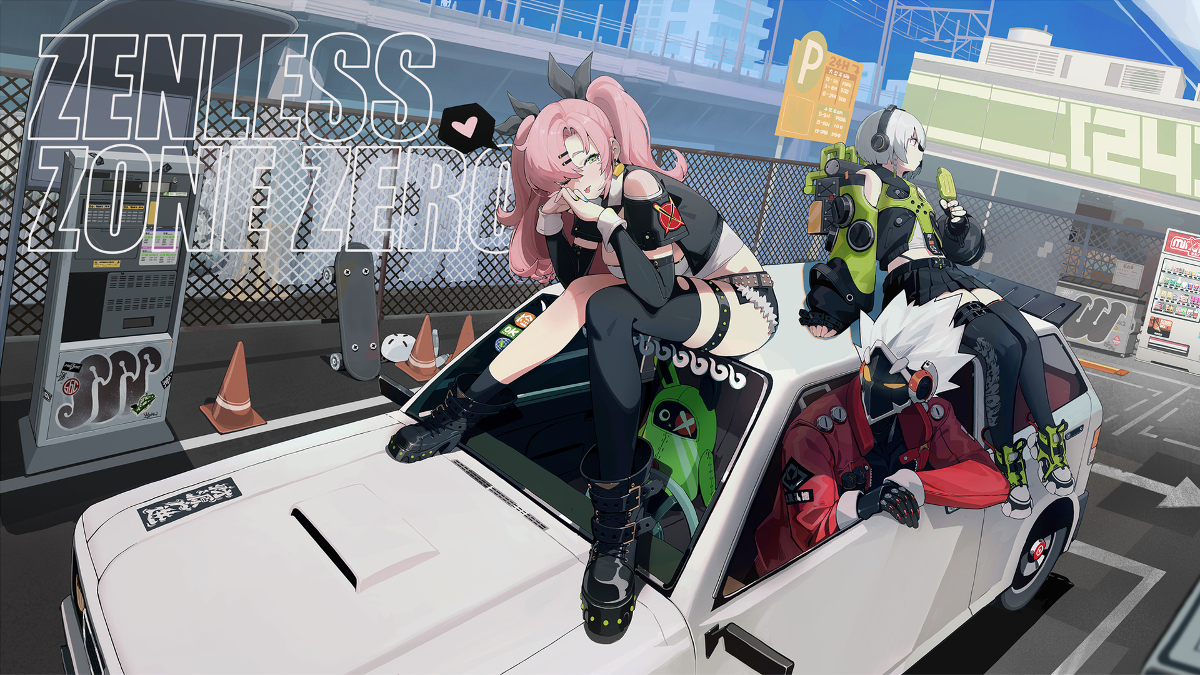Warning: The following article contains spoilers for The Boys Season 4.
The Boys Season 3 hinted at it, and Season 4’s first three episodes have now confirmed it: we’re not going to see the comics’ big twist adapted in live-action.
Related: How Is The Boys’ Joe Kessler Different in the Comics?
If you’re unfamiliar with Garth Ennis and Darick Robertson’s The Boys comic book series, said big twist sees Black Noir out himself as a deranged clone of Homelander. He’s the real baddie, and secretly responsible for many of Homelander’s most depraved crimes. That’s not the case in the Prime Video show, though. Here, Black Noir is an African American Supe named Earving unrelated to Homelander. What’s more, after Homelander kills Black Noir in Season 3, another Supe replaces him – and this guy is also obviously not a copy of Homelander.
As such, there’s really no way for The Boys show to run back the comics’ climactic gut punch. When the show’s fifth and final season wraps up, Black Noir won’t swoop in and claim Homelander’s main villain mantle. That’s a drastic deviation from the canon laid out by Ennis and Robertson – but is that really such a bad thing? Or would The Boys comic book’s twist have ruined the show?
The Boys’ Big Twist Works Great in the Comics

Suggesting The Boys‘ Homelander/Black Noir rug pull could’ve hurt the Prime Video adaptation isn’t the same as knocking this narrative beat altogether. For the record, it works brilliantly in the comics.
Ennis and Robertson’s story leans even harder into the shock-oriented storytelling sensibility that’s made the show so infamous, and this is the biggest shock of all. For most of The Boys‘ 72-issue run, we’ve viewed Homelander as the epitome of evil, only to learn he’s not the real villain at all. Even the awful stuff he did do was mostly brought on by Black Noir messing with his head.
Handled the wrong way, this revelation could’ve been underwhelming; switching out villains late in the game so often is. Yet Homelander is (by design) a thinly sketched character in The Boys comics. We get glimpses into his psyche (including his slowly deteriorating mental state) but he’s not a character we’ve invested in like, say, Billy Butcher or Hughie Campbell. It’s okay for Ennis and Robertson to reframe him as an overpowered patsy, because, frankly, we just don’t care.
Related: The Boys Season 4: Which A-List Actor Voices Ambrosius the Octopus?
Undermining Homelander’s Big Bad Status Would Break the TV Show
The same doesn’t apply to The Boys TV show and its characterization of Homelander. Unlike the comics, we spend a decent amount of time with the Seven’s leader. Homelander’s a fully developed character, and – psychopath or not – he quickly earns our full emotional investment. No matter how demented his arc gets, it’s fascinating and we want to see it through. Yet as showrunner Eric Kripke noted in a recent Variety interview, the Black Noir twist would invalidate that arc and hurt the show.
“In the comics [Black Noir’s] a clone of Homelander this entire time and is actually the one doing all these horrific things,” Kripke explained. “And again, it’s a hell of a twist. But it’s like, well wait, the villain I’ve been following isn’t really the villain. And mileage varies, and I’m sure fans are mad I’m not going that way, but that felt not as satisfying to me. I’m like, if I’m going to follow this villain, I want this guy to be the villain. So I was never really into the clone idea.”
Then there’s the technology of it all to consider. While The Boys comics ape many of the more far-out trappings of the superhero genre, the Prime Video series takes a more restrained approach. Superpowers? You betcha. Human cloning? Not so much. So, a Homelander clone randomly entering the fray simply wouldn’t jibe with The Boys adaptation’s established universe. It’s one fantastical element too many, as Kripke pointed out in the Variety interview.
“[C]loning feels like too – I’m going to sound silly – but cloning feels too magical for the show,” he said. “We try to say that superheroes are the only slippery banana, and that everything else we try to make as grounded as possible.”
Related: The Boys: Is Season 4’s Shocking Sauna Scene in the Comics?
The Boys Doesn’t Need the Comics’ Twist to Capture its Spirit

So, The Boys comics’ twist ending wouldn’t work in the show – but does that even matter? I’m not so sure it does. The ultimate goal of any adaptation is to capture the source material’s spirit, not slavishly hit every plot beat and arc. Black Noir unmasking himself as Homelander’s clone in The Boys show would be an example of the latter, not the former. It’d be superficially faithful to Ennis and Robertson’s original tale, without reinforcing its deeper message.
On the page and screen, The Boys is an exploration of power (of all kinds) and its corrosiveness. Admittedly, there’s some of this in Black Noir’s big moment in the comics, yet it’s secondary to the shock value involved. There are other, better ways to communicate the “absolute power” theme in live-action (like Homelander’s focus on the political arena in Season 4) than putting a superhero spin on the many “evil doppelganger” yarns pop culture has served up over the years.
Because, while that twist would’ve been shocking (and no doubt fun) it wouldn’t have served The Boys overall – in fact, it would’ve ruined it.
The Boys Season 4 is currently streaming on Prime Video, with new episodes dropping Thursdays.





